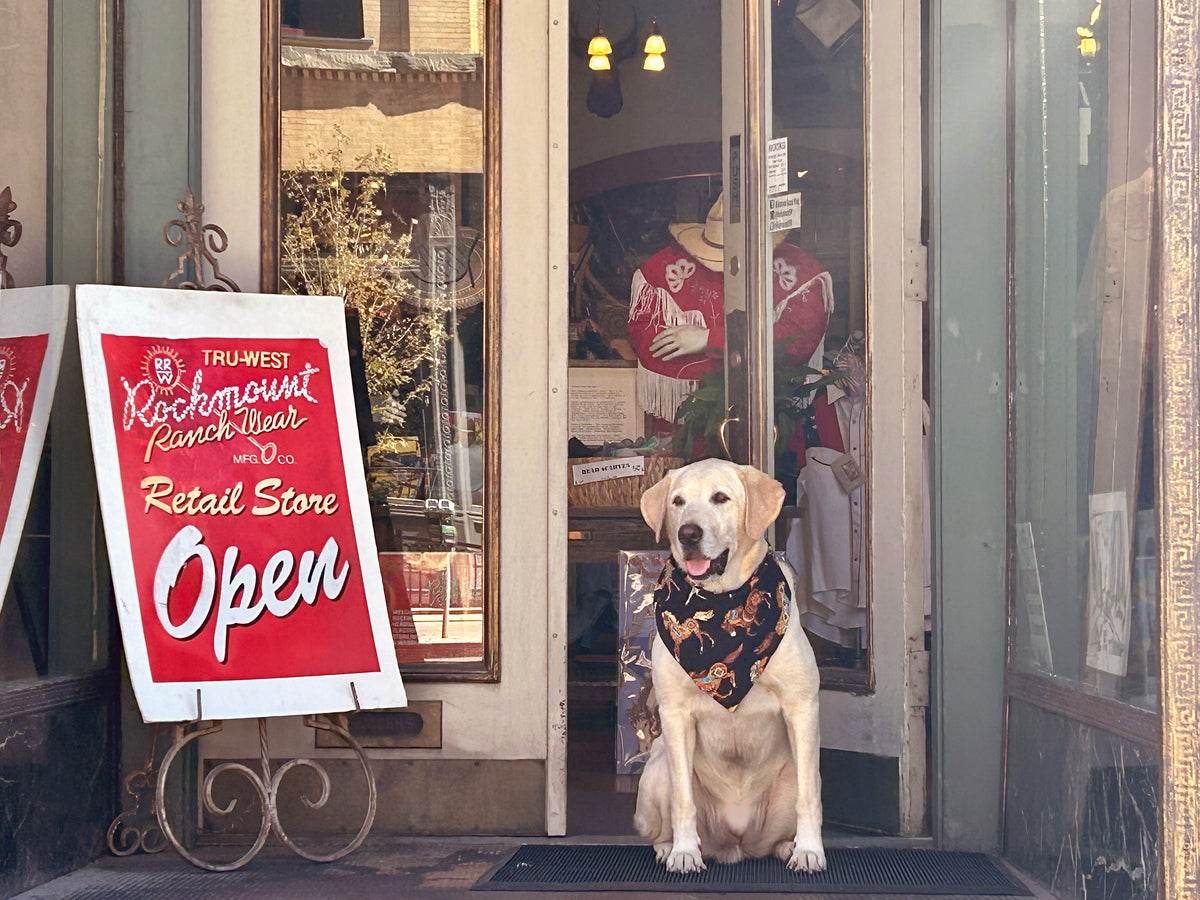Steve Weil is the third-generation Weil to run the family business, Rockmount Ranch Wear at 1626 Wazee St. in LoDo.
Weil, 57, has been married 21 years to the patient Wendy Weil and lives near Cheesman Park in the big old house that he grew up in.
Steve went to George Washington High School, where his son, Colter, is currently a junior. On to Tulane, then to England to study law. He came back to America in 1981 and soon figured the world had enough lawyers, so he joined the family business.
He started advertising the iconic western shirts Rockmount is known for: Handsome cowboy duds best known for the front snaps that replace the buttons. His grandfather, "Papa Jack," first designed the shirts and was the active in the company until he died in 2008 at age 107.
Now Steve runs the rodeo as the company's president, designer and tireless promoter. Along the way, Steve (with G. DeWeese) wrote the book "Western Shirts: A Classic American Fashion" and an ode to his grandfather, "Ask Papa Jack: Wisdom of the World's Oldest CEO."
Steve's most recent adventure involved his design of a marijuana shirt that garnered international attention. He holds it up, but he will not wear it for a photograph. "I don't want to pander," he says.
He arrives on a bitter cold night at The Oxford Hotel's Cruise Room with his dog, Wazee, a mellow blond lab that pretty much accompanies him everywhere. Wazee is eventually expelled by a manager. Steve orders a Mandarin Martini.
Bill Husted: Do you miss your grandpa?
Steve Weil: I do, but, without sounding dramatic, I feel his presence all around me. I am in the business he started.
BH: Did you think you would do this when you were young?
SW: Not a chance. I didn't want to do this. I thought I was going to do law, maybe international law. I thought I would live somewhere else. But in 1981 it was a down market and the family business suddenly looked more attractive.
BH: Why don't you sell this building in LoDo? It has to be worth a lot.
SW: I'm too stubborn and we like what we do. People have been trying to buy that building since I was a kid. It was a warehouse and a wholesale showroom. It was never a factory. Denver has no clothing manufacturing to speak of. It's not a labor market that lends itself to sewing.
BH: When did it become a retail store?
SW: We dabbled in retail about the time my grandfather turned 100, in 2001. We were sitting in McCormick's looking out the window, having lunch. And we see all these people across the street, coming up to the door to buy our shirts, even though there was a sign. "WHOLESALE ONLY." But the stores on the 16th Street Mall and around town that used to carry our shirts had all closed.
So I looked at my father and grandfather and said, "We must be crazy. People are walking up trying to buy our shirts and we're sending them to the closest store which is 15 miles away. What do you say we open a little area in the store and give [retail] a try?' And they went along with it.
CNN was coming to town to do a story on my grandfather's 100th birthday and we put up a website. It changed the business and all of a sudden we had a way to reach people.


